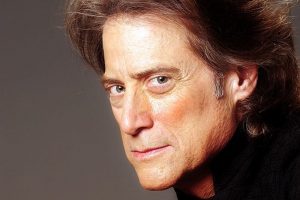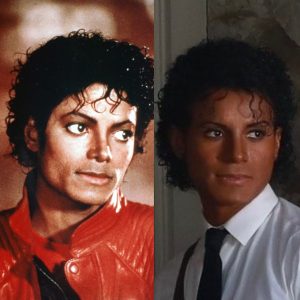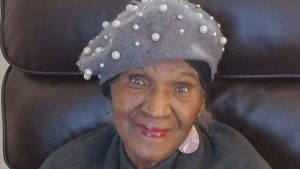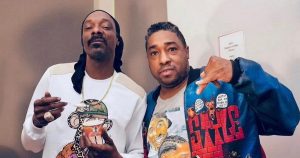Lloyd Morrisett, the co-creator of Sesame Street, died at the age of 93, Sesame Workshop – the nonprofit he helped to co-found, announced Tuesday.
No cause of death was revealed for the American experimental psychologist.
“Lloyd leaves an outsized and indelible legacy among generations of children the world over, with ‘Sesame Street’ only the most visible tribute to a lifetime of good work and lasting impact,” Sesame Workshop tweeted.
Also Read | Deaths reported at 47 Summer Street in Duxbury, Massachusetts: Who are the victims?
Who was Lloyd Morrisett?
Born in 1929 in Oklahoma City, Lloyd Morrisett had trained to be a teacher with a background in psychology. He attended Oberlin College and received his BA in philosophy in 1951. He became an Oberlin College trustee and was chairman of the board from 1975 to 1981. He did graduate work in psychology for two years at UCLA.
He became an experimental educator, looking for new ways to educate children. Later in his career, he teamed up with public television producer Joan Ganz Cooney to eventually create the Children’s Television Workshop, which was aimed at creating educational programs for children.
Its first show, Sesame Street, debuted in November 1969 and reached more than half of the US’s 12 million three- to five-year-olds by the end of its first season. Sesame Street reaches millions of children in more than 140 countries each year, winning nearly 200 Emmys.
Morrisetts’ inspiration for the program was his then three-year-old daughter, Sarah. At a dinner party in 1966, he met Cooney and told her about it.
Also Read | Who were Chris Parry and Andrew Bagshaw? Volunteers killed in Ukraine attempting ‘humanitarian evacuation’
“There was something fascinating about it,” he said in a 2004 interview. “What is a child doing watching a station identification signal, what does this mean? I didn’t know. I said, ‘Joan, do you think television could be used to teach young children?’ Her answer was, ‘I don’t know, but I’d like to talk about it.’”
“Sarah Morrisett had memorized an entire repertoire of TV jingles,” author Michael Davis wrote of this moment, in his book Street Gang: The Complete History of Sesame Street. “It is not too far a stretch to say that Sarah’s mastery of jingles led to a central hypothesis of the great experiment that we know as Sesame Street: if television could successfully teach the words and music to advertisements, couldn’t it teach children more substantive material by co-opting the very elements that made ads so effective?”
Morrisett was also a board member of RAND (a research institute dealing with domestic public policy and national security issues) for thirty years and chairman of the board for nine years, 1986–1995.






